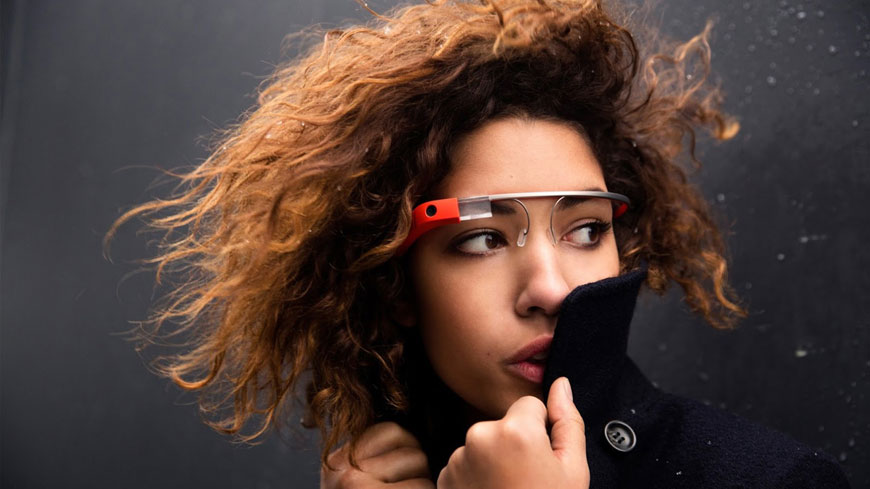Google Glass has come under some heat from some early adopters who have either reported getting headaches from the device or who say bluntly that they “*hate*” Google’s experimental digital headset. However, the first generation of Glass might just be the start of something much bigger that will lead to major advances in the field of wearable computing.
MIT’s Technology Review has penned a big article on Glass that acknowledges its many shortcomings but that also sees its tremendous potential to help make some people’s lives easier. The piece covers Glass’s potential uses for surgeons as a way to quickly get real-time data on patients, which is something we’ve written about before. It also describes how Glass has the potential to help people who have a wide variety of disabilities better interact with the world around them.
“Glass can be a head-mounted eye for those with poor vision,” Technology Review writes. “It can deliver clear, understandable instructions to those who are cognitively impaired. It can let those who are paralyzed navigate the Web and communicate. Although decades of experience have gone into developing assistive technology for the disabled, it has often been too expensive for the intended users. With Glass they will be able to get the hardware for the price of a few fancy dinners.”
The major challenge for Google and other companies working to develop similar technologies is how to make them more socially acceptable. As Technology Review acknowledges, people who wear Google Glass in public often draw stares, which is something that will certainly inhibit its adoption among those of us who are more self conscious. For wearable technology to be successful, it seems that it must first be made less visible.






